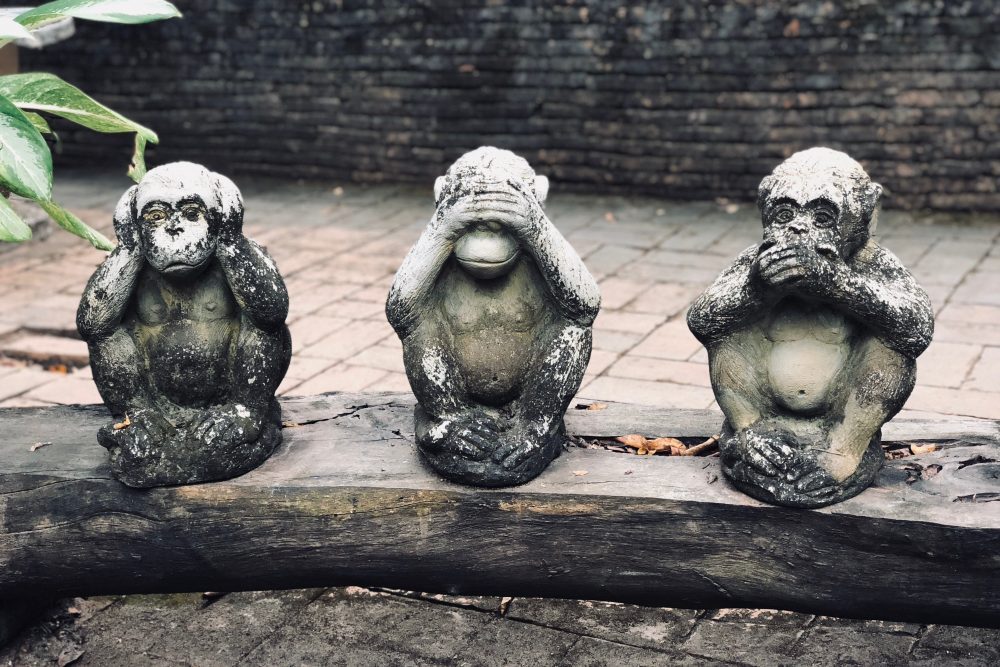How do you know if she has tools for making a relationship work?
Here I offer 3 keys that mean the difference between bringing your relationship closer after conflict rather than dividing you further.
A few years ago, I lived next door to Dale, a man who was both meticulous and negligent when it came to his house. For instance, Dale spent hours preening his rose bush, but the exterior walls looked like they caught the house pox –mismatched splatters of color everywhere, some from weather and some from a paint color test 5 years prior.
Dale once spent 6 painstaking hours cutting his tiny lawn followed by mowing around a piece of trash that had blown into his yard. He spent the whole afternoon working around that garbage as if it weren’t there.
This got me thinking about how we ignore litter in relationships. Dale clearly loved his yard. But some key pillars of care were unavailable to him. Similarly, in relationships where there is love, how can we know if she has key tools for making it work? Since the measure of a healthy relationship comes down to how we resolve conflict, here I offer 3 ways to know if she can work through conflict or if you’re just not seeing the debris.
1. Self-awareness is missing.
One of the most important elements of healthy relationships is self-awareness. A self-aware woman is consciously attentive to her emotions, motivations, and responsibilities most of the time. Self-awareness also means having a clear understanding of how our behavior impacts other people. For example, if you ask your partner to have clearer boundaries with her ex, and she sets strong boundaries with her ex but is lacking boundaries in other areas; work, family, or friends, she may struggle to generalize from one situation to another. Lack of generalizing can indicate a lack of awareness of how her behavior impacts you.
2. Responsibility is neglected.
All relationships have “misses”: conflicts, misunderstandings, or miscommunications. Misses and the process of repairing them are essential for intimacy in relationships. One of the strongest tools is being able to acknowledge what our role was. In healthy relationships, there is a cycle of conflict that works: there is a miss, then you talk about it, then each person acknowledges their part, which then increases awareness about your relationship going forward. What happens in relationships with women who lack the capacity to take responsibility is that there is a resistance to apologizing and failure to acknowledge what her part in the miss was. It is very difficult to have a meaningful relationship with a blamer.
3. Other’s experiences are rejected.
Since all relationships are bound to have their share of junk, how can we work through challenges together in an empowering way? A crucial piece is remembering that we are different and are always having our own experience. To develop true intimacy, we need to be able to share our world with our partner. We need to feel seen and understood, even when we don’t agree. Accepting that both people’s experiences are valid and that neither person is solely to blame is a game changer in relationships. The payoff is the whole reason we get into relationships in the first place – deeper, meaningful connection.
Having a mindful awareness of our emotions and how our actions impact others, identifying our part in conflict, and accepting another person’s reality as valid are keys to working through conflict as a team rather than ignoring relationship litter.
